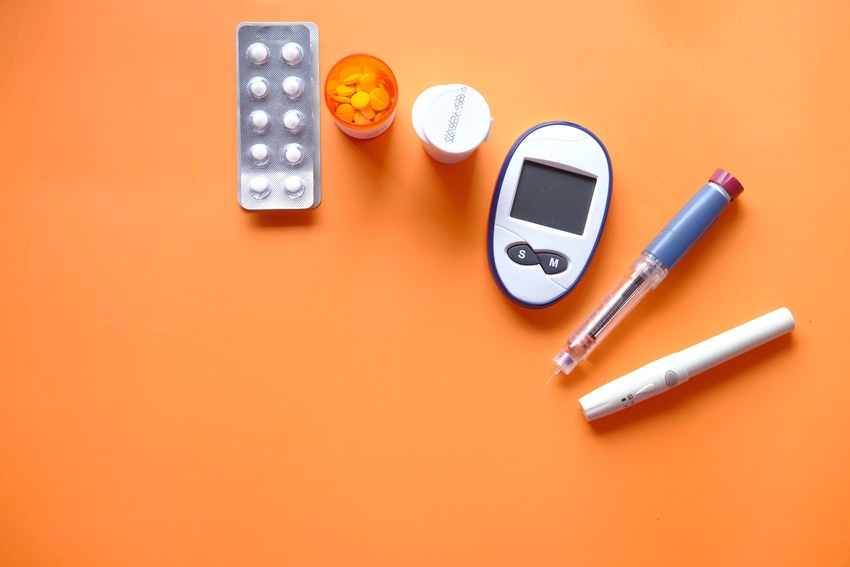Study finds 84% of patients achieved remission with no diet required.

Scientists have found that AI can be used to effectively control Type 2 diabetes.
The World Health Organization considers Type 2 diabetes a global epidemic with 8.5% of the world's population suffering from the disease. It can cause death, blindness, heart attacks and strokes.
A new study from researchers at startup Twin Health has shown that remission of Type 2 diabetes – being able to sustain normal blood sugar levels - is possible and that AI can help.
Twin Health's Whole Body Digital Twin platform used AI to collect data on a patient’s physical activity, nutrition, sleep and breathing using wearable sensors.
By compiling data points about the patient’s glucose levels, blood pressure values, food intake, weight, body fat data, heart rate and sleep from a fitness tracker, the information guided personalized health and nutrition advice.
Results showed that 84% of the monitored patients achieved normal blood sugar levels without any use of medication.
“The four most critical sensors are the continuous glucose monitor, the fitness tracker, the smart scale, and the blood pressure cuff,” said Dr. Lisa Shah, chief medical officer of Twin Health.
Twin Health’s platform doesn’t restrict calories or mandate dieting. Instead, an algorithm is used to suggest small adjustments for nutritional guidance.
“Our results demonstrate the potential of Whole Body Digital Twin technology to change the conventional, medication-driven management of Type 2 diabetes to achieving remission of Type 2 diabetes with a life free of medication,” said Dr. Paramesh Shamanna, the study’s lead author.
The study involved 199 patients with Type 2 diabetes in India. They used the app to follow its lifestyle advice for six months.
However, if patients don’t continue with the algorithm’s suggestions, Type 2 diabetes can reoccur in the patients since remission doesn’t indicate a cure.
A clinical trial has begun in the U.S. with a five-year result expected in 2027.
“The program's impact on patient satisfaction, quality of life, and total cost of care is substantial and holds significant promise for large populations suffering from metabolic diseases globally,” added Dr. Shamanna.
About the Author(s)
You May Also Like


.jpg?width=700&auto=webp&quality=80&disable=upscale)
.jpg?width=700&auto=webp&quality=80&disable=upscale)
.jpg?width=700&auto=webp&quality=80&disable=upscale)


.jpg?width=300&auto=webp&quality=80&disable=upscale)

.jpg?width=300&auto=webp&quality=80&disable=upscale)